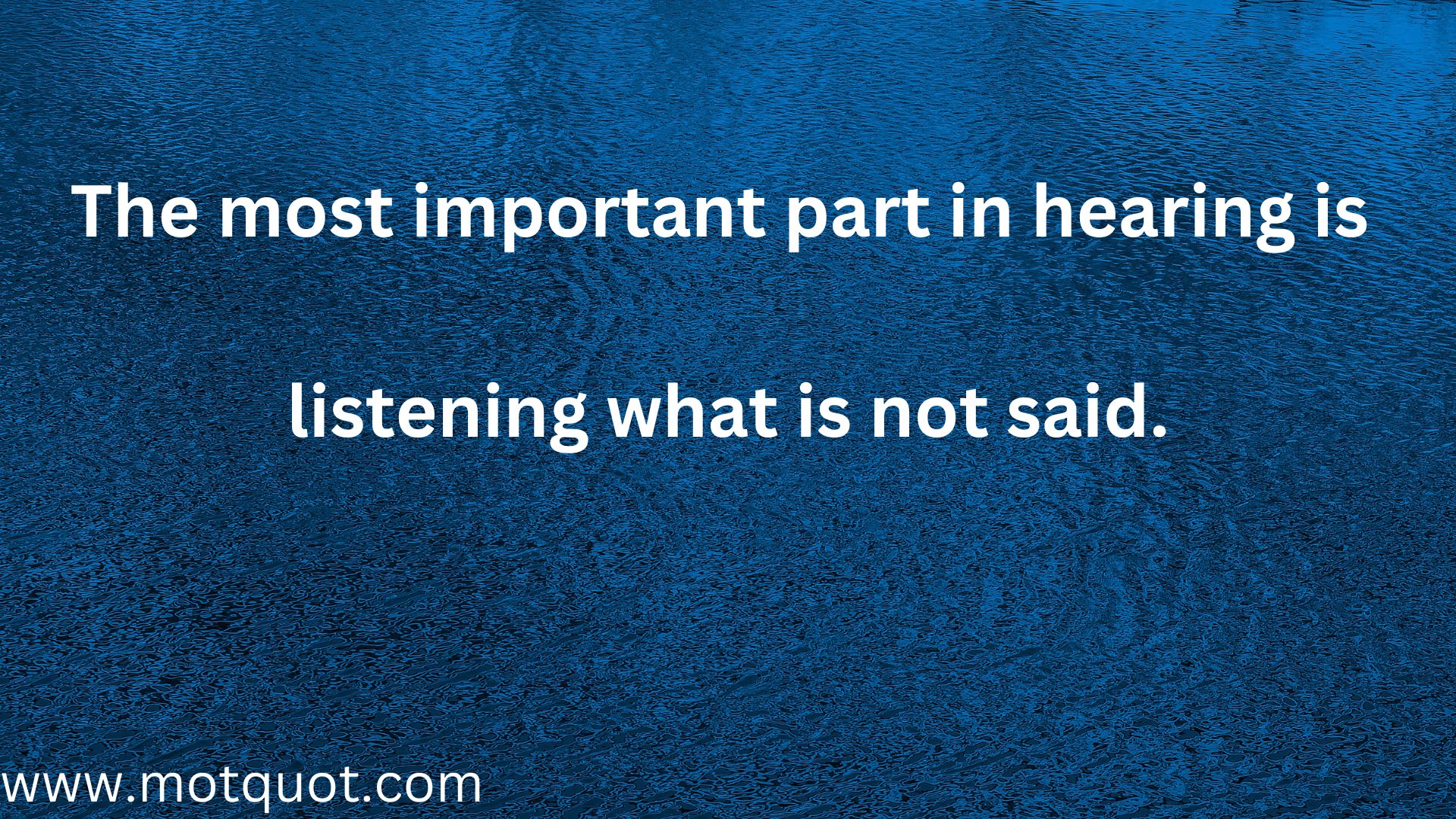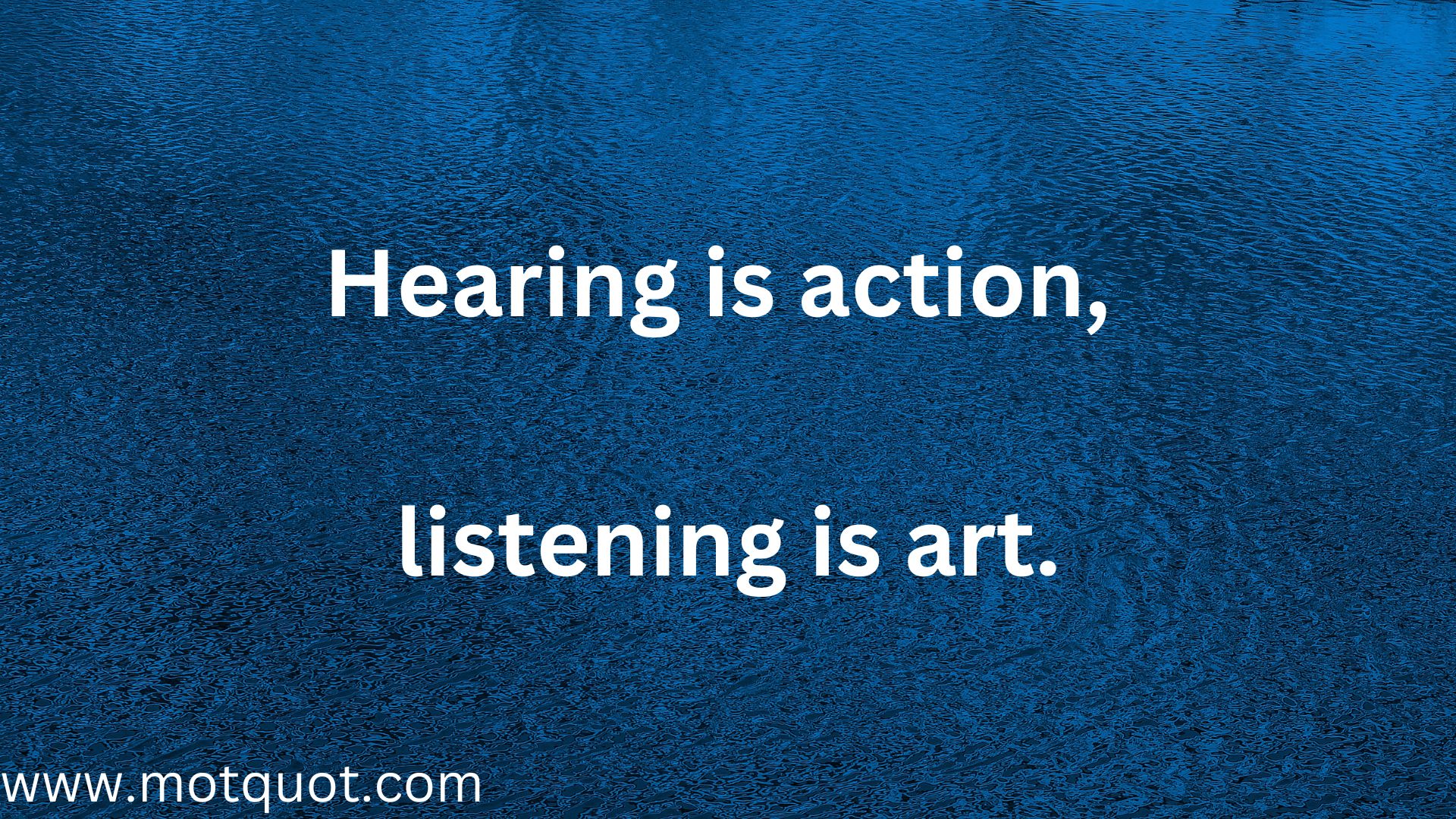What is communication skills:
Table of Contents
Communication skills refers to the ability to convey information effectively and clearly, whether verbally, in writing, or through non-verbal means. It involves listening, articulation, understanding your audience, and adapting your message to ensure it is appropriately received. Strong communication skills are essential in personal and professional interactions.

Importance of communication skills:
Effective communication skills are crucial in various aspects of life and work for several reasons:
1. *Career Success:* Good communication is often cited as a key factor in career advancement. It helps in expressing ideas, collaborating with colleagues, and presenting oneself professionally.
2. *Relationship Building:* Clear communication fosters healthy relationships, both personally and professionally. It helps build trust, resolve conflicts, and establish strong connections with others.
3. *Team Collaboration:* In a workplace setting, teams rely on communication to share ideas, coordinate efforts, and achieve common goals. Strong communication enhances teamwork and productivity.
4. *Problem Solving:* Effective communication is essential for identifying and resolving problems. It ensures that information is conveyed accurately, reducing the chances of misunderstandings that can lead to errors.
5. *Leadership Skills:* Leaders need strong communication skills to inspire, motivate, and guide their teams. Being able to convey a vision, provide feedback, and address concerns is vital for effective leadership.
6. *Customer Relations:* In business, good communication is crucial for understanding customer needs, addressing concerns, and providing excellent service. Positive communication contributes to customer satisfaction and loyalty.
7. *Personal Development:* Clear communication aids personal growth by facilitating the exchange of ideas, learning from others, and adapting to new situations. It also helps in expressing thoughts and emotions effectively.
8. *Global Interaction:* In an interconnected world, effective communication is vital for cross-cultural interactions. Understanding and respecting diverse communication styles is essential for successful global collaboration.
In essence, strong communication skills are a cornerstone for success and satisfaction in various aspects of life, facilitating understanding, collaboration, and positive interactions.

How communication skill helps you in life:
Effective communication skills contribute significantly to success and fulfillment in various aspects of life:
1. *Improved Relationships:* Good communication fosters understanding, trust, and empathy, enhancing personal relationships with family, friends, and colleagues.
2. *Conflict Resolution:* The ability to express oneself clearly and listen actively aids in resolving conflicts by facilitating open and constructive dialogue.
3. *Career Advancement:* In professional settings, strong communication skills are often associated with leadership potential, helping individuals advance in their careers.
4. *Increased Influence:* Clear communication allows individuals to convey their ideas persuasively, influencing others positively and facilitating effective collaboration.
5. *Enhanced Problem Solving:* Effective communication enables individuals to articulate problems, gather relevant information, and work collaboratively to find solutions.
6. *Personal Development:* Expressing thoughts, goals, and aspirations helps in self-discovery and personal growth, as it encourages reflection and understanding of one’s values.
7. *Emotional Intelligence:* Communication skills are integral to emotional intelligence, enabling individuals to navigate and understand their own emotions as well as those of others.
8. *Positive Self-Image:* Being able to express oneself confidently and articulately contributes to a positive self-image, boosting self-esteem and self-efficacy.
9. *Adaptability:* Strong communicators can easily adapt their message to different audiences and situations, fostering flexibility and ease in navigating diverse environments.
10. *Networking and Socializing:* Effective communication is key in networking situations, facilitating the establishment of new connections and the building of a supportive social network.
In summary, effective communication skills play a pivotal role in shaping a fulfilling and successful life by influencing relationships, career, personal development, and overall well-being.
How to develop communication skills:
Developing effective communication skills is a valuable endeavor that can be cultivated over time. Here are some strategies to enhance your communication abilities:
1. *Active Listening:* Pay close attention to others when they speak. Focus on understanding their message rather than formulating your response.
2. *Practice Empathy:* Put yourself in others’ shoes to better understand their perspectives and emotions. This helps in responding more thoughtfully and compassionately.
3. *Clear Articulation:* Practice expressing your thoughts in a clear and concise manner. Avoid jargon when speaking to those unfamiliar with specific terms.
4. *Body Language Awareness:* Be mindful of your body language, as it can convey messages as effectively as words. Maintain eye contact, use open gestures, and be aware of your posture.
5. *Receive and Provide Feedback:* Solicit feedback on your communication style and be open to constructive criticism. Use feedback as a tool for improvement.
6. *Expand Vocabulary:* A rich vocabulary allows for more precise and varied expression. Read regularly to expose yourself to new words and phrases.
7. *Observe Effective Communicators:* Identify individuals known for their communication skills and observe how they convey messages, handle discussions, and engage with others.
8. *Public Speaking Practice:* Engage in public speaking opportunities, whether in formal settings or casual conversations. This helps build confidence and fluency in expressing ideas.
9. *Adapt Communication Style:* Tailor your communication to suit different audiences. Adjust your tone, language, and level of formality based on the context and the individuals involved.
10. *Conflict Resolution Skills:* Learn techniques for resolving conflicts peacefully. This includes staying calm, active listening, and finding mutually agreeable solutions.
11. *Continuous Learning:* Stay informed about effective communication techniques. Attend workshops, read books, or take courses on communication skills to enhance your knowledge.
12. *Self-Reflection:* Regularly reflect on your communication experiences. Consider what went well and areas where you can improve. This self-awareness is key to ongoing development.
Remember that improving communication skills is a gradual process, and practice plays a crucial role. Consistent effort and a willingness to learn from experiences will contribute to becoming a more effective communicator over time.